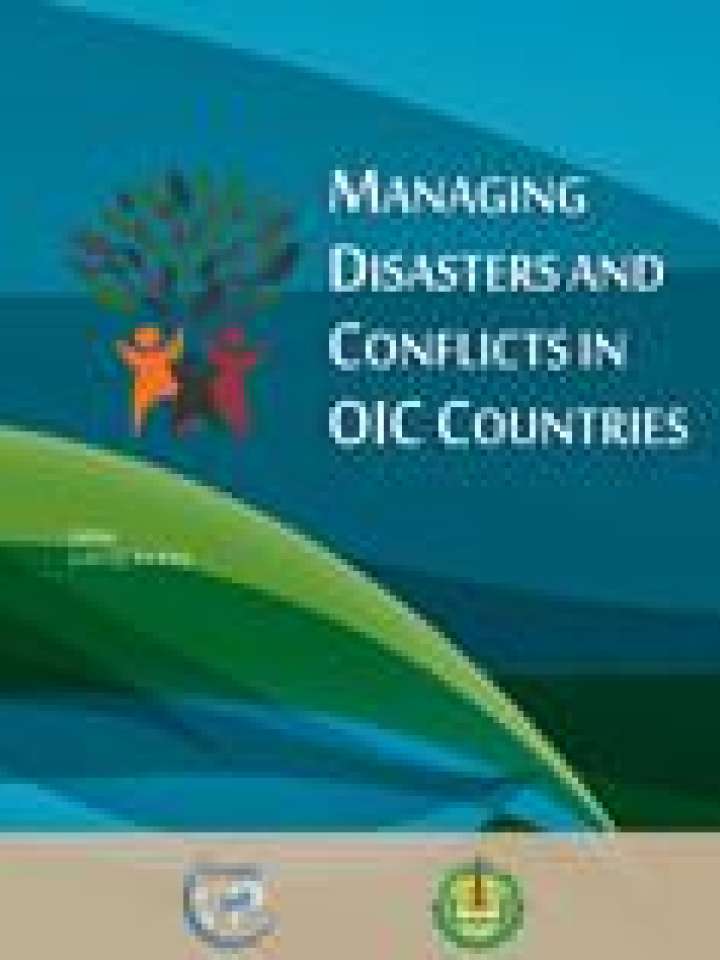Managing disasters and conflicts in OIC countries
This study provides an overview on disasters and conflicts in 57 Organization of Islamic Cooperation (OIC) member countries during the last four decades, including a review of disaster risk reduction strategies from The Yokohama Strategy to the Hyogo Framework for Action 2005-2015: Building the Resilience of Nations and Communities to Disasters (HFA) and various regional strategies. It discusses the risks of and vulnerabilities to natural hazards and conflicts and offers strategic approaches for preventing and mitigating the impacts of potential disasters and strengthening the peace and stability and enhancing collaboration among the member countries in this important area. The study also includes analyses of the state-of-the-art approaches in response to and recovery from disasters, and provides relevant recommendations and policy implications on how the countries can improve their resilience to these disasters.
The study shows that more than 430 million people were affected in OIC countries from more than two thousand disasters recorded since 1990 and that more than 650,000 people killed due to these disasters. Similarly, more than three million have died in OIC countries since 1950 due to conflicts and as of 2010 more than 14 million people were internally displaced. In fact, much of the impacts could be avoided if adequate actions were taken to reduce vulnerabilities of the communities.
The study considers disasters and conflicts as one of the most critical obstacles which impose serious threats to the socio-economic development in OIC member countries. The study clearly indicates that disasters and conflicts limit economic and social development process by destructing fixed assets, damaging productive capacities and market access, demolishing infrastructure, and causing death, displacement and migration. The study also underlines that peace and security are prerequisites for development and prosperity, and that failures in development could substantially increase the negative impact of natural hazards and civil conflicts.
Explore further
